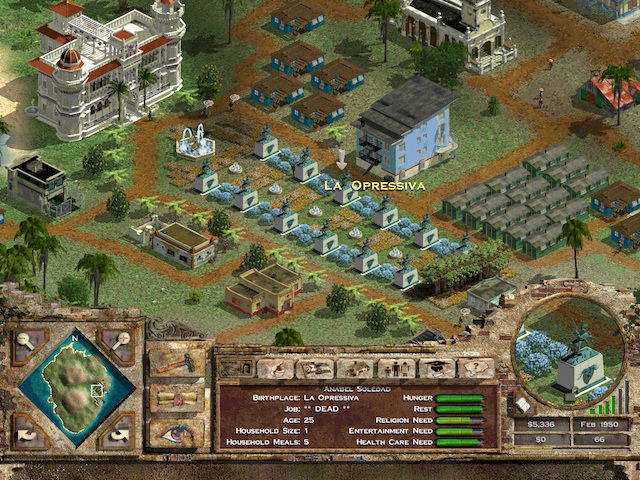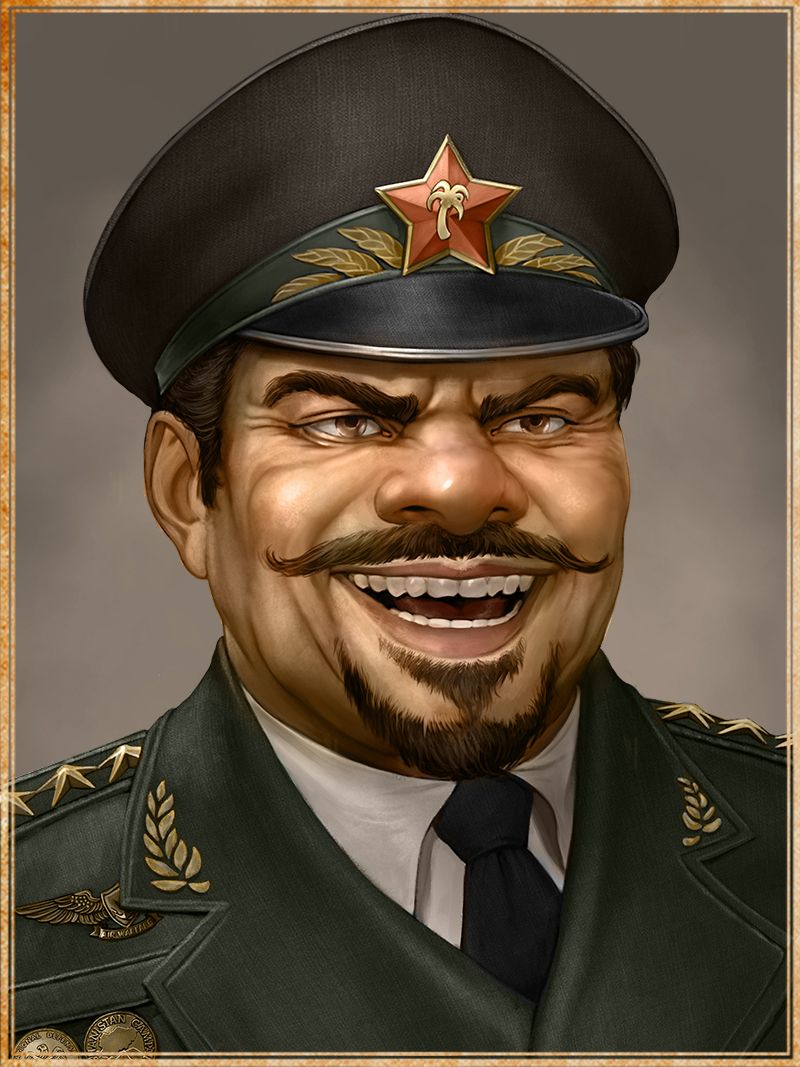

Thailand is likely to be Asia’s most lacklustre economy this year. High household debt further complicates matters. Exports, in a country that depends more than most on them, have stopped growing.

The economy has shrunk precipitously this year. This matters to it because for all the emphasis now on political stability, the economic mood is jittery. The junta seems to realise it has an image problem.

How, though, to explain the head of the navy heading the ministry of culture? Getting the trains to run Although a non-businessman is running the state airline, at least he is the air force chief. With no proper interim government, portfolios are unlikely to be filled on merit. South-East Asian diplomats say the Thai foreign ministry is paralysed, lacking guidance.

At home and abroad, he is one of Thailand’s most respected figures. For foreign minister, the junta tried to recruit Surin Pitsuwan, a former secretary-general of ASEAN, the Association of South-East Asian Nations. Yet finding people with stature and experience to front the new order is not proving easy. Many of the populist proposals, such as reforms to health care, are taken straight from Mr Thaksin’s playbook. There is, in truth, a reformist element to its programme, including a desire for less inequality and an impartial enforcement of laws. The Orwellian name the junta has given the new dispensation is “genuine democracy”. Without competitive elections, the Shinawatras are powerless. Yet some must be calculating that she will join her brother in self-imposed exile. They did so on the condition that she returns to face possible charges relating to her time as prime minister. The generals let Ms Yingluck leave Thailand for Paris on July 20th to attend a birthday party for Mr Thaksin. Those who removed Ms Yingluck now realise that they must ensure the Shinawatras are wholly spent as a political force. Back then the generals thought they could marginalise Mr Thaksin as a political force and encourage a return to a tutelary democracy guided by the establishment around the king. The 2006 coup leaders ousted her brother, Thaksin Shinawatra, a telecoms billionaire turned authoritarian politician whose populist parties have for years won every election that has been permitted. And to safeguard against the generals ever coming before the courts in some future reckoning, it grants an amnesty for actions related to the toppling of the democratically elected government of Yingluck Shinawatra. A temporary constitution grants the army men absolute powers. Unlike the generals of 2006, when the last coup took place, the current lot are intent on retaining complete control. It is all a throwback to an earlier, simpler era. Stuffed with army officers and members of the old Thai establishment, it will be a rubber-stamp affair. On August 7th the crown prince, Maha Vajiralongkorn, chaired the opening ceremony for a new national assembly to replace the elected politicians who were kicked out. The coup has the endorsement of the 86-year-old king, Bhumibol Adulyadej. The coup leader, General Prayuth Chan-ocha, and his fellow soldiers have been busy putting up a façade that bespeaks legitimacy. The junta has even banned a computer game, Tropico 5, in which players set up their own military dictatorship in a fictional paradise where sunny beaches and political corruption “coexist in perfect harmony”. It is a criminal offence to criticise it, and the press is muzzled. Still, how popular the National Council for Peace and Order, as the junta calls itself, really is remains hard to say. Bangkok, the capital, remains calm, and many ordinary Thais do not miss the self-serving political classes who were booted out. THE army has long been the most powerful force in Thai political life, and has wholly monopolised it since its latest coup in May.


 0 kommentar(er)
0 kommentar(er)
